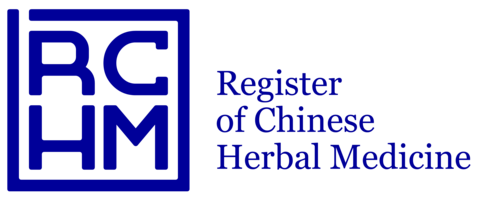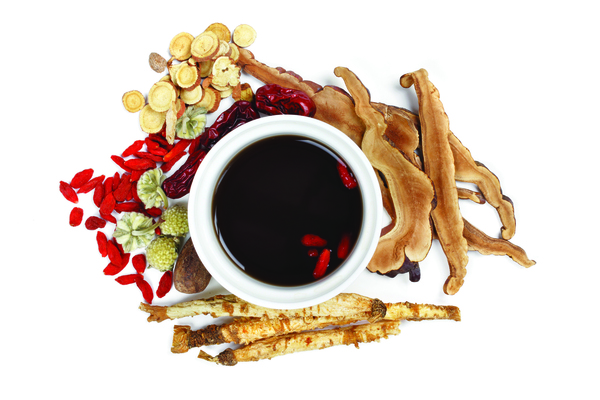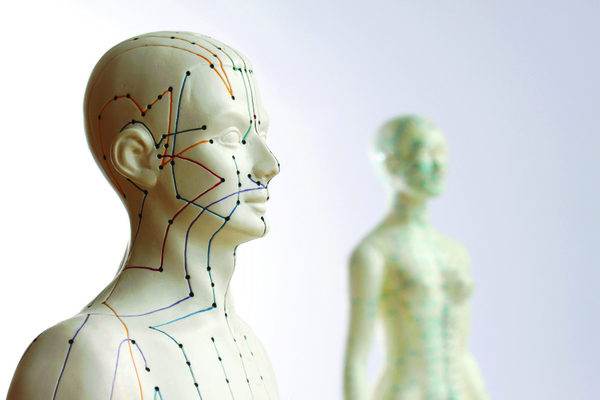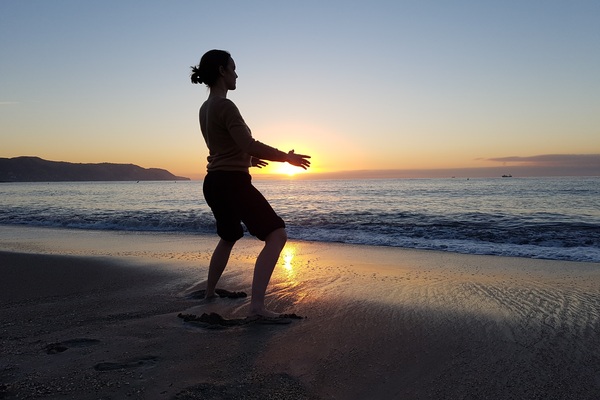Chinese Medicine (CM) has been practiced in China for over 3,000 years. But this long history doesn't mean CM is either simplistic or backward in comparison to modern biomedicine. Sustained by centuries of empirical clinical evidence, CM has evolved into a complete and highly-nuanced system that offers a coherent alternative to the Western medicine's view of how and why we get ill. CM is still used as primary healthcare in much of South-East Asia; and in state hospitals throughout China, it enjoys an equal and pragmatic relationship with the newer system of Western orthodox medicine.
Chinese Medicine is based on a Daoist understanding of the human body as a system of finely balanced connections, and one closely linked to and influenced by its environment. This holistic principle forms the foundation of a set of complementary practices that together comprise the CM system: herbal medicine, acupuncture (including cupping, gua sha and moxibustion), lifestyle advice and dietary therapy, massage techniques (Tui Na) and movement disciplines (Tai Chi and Qi Gong). Designed not only to cure but also to prevent illness, these practices share a focus on re-establishing or supporting harmony, balance and order in the body.
Although Chinese Medicine operates outside of an established biomedical understanding of why we get ill, it's become increasingly popular in the UK since its introduction into the West in the 1970s. Many people now choose CM as a trusted alternative or compliment to standard medical treatments. Herbal remedies and acupuncture in particular are now commonly used to treat a wide range of medical issues, including pain and musculoskeletal conditions, digestive disorders, skin problems, allergies, stress and infertility. Patients' reports of the positive results they've achieved with CM in tackling chronic conditions as well as minor ailments, plus an increasing number of encouraging scientific studies into its effectiveness, are also winning a growing respect for CM among Western-style doctors.
In contrast to Western-style medicine, the treatments of Chinese Medicine are always tailored to the individual, and in response to the whole person (the mind and spirit as well as the body). Practitioners diagnose on the basis of not only a medical history and physical observations – including looking at someone's skin, taking their pulse, and checking the condition and colour of their tongue – but also on answers to questions about how their patient is feeling. According to individual needs, a single CM practice or combination of practices (e.g. a course of herbal medicine that runs alongside a series of acupuncture sessions) is used in treatments, with symptoms viewed as indications of an underlying condition rather than something to be dealt with in isolation.






